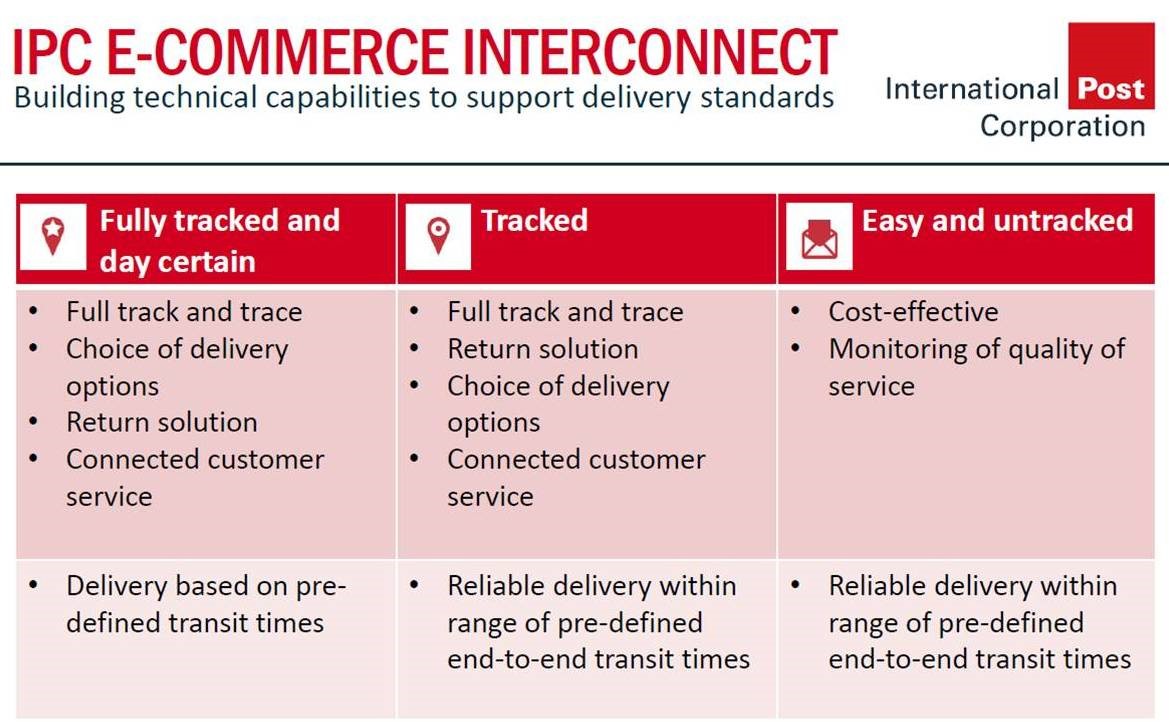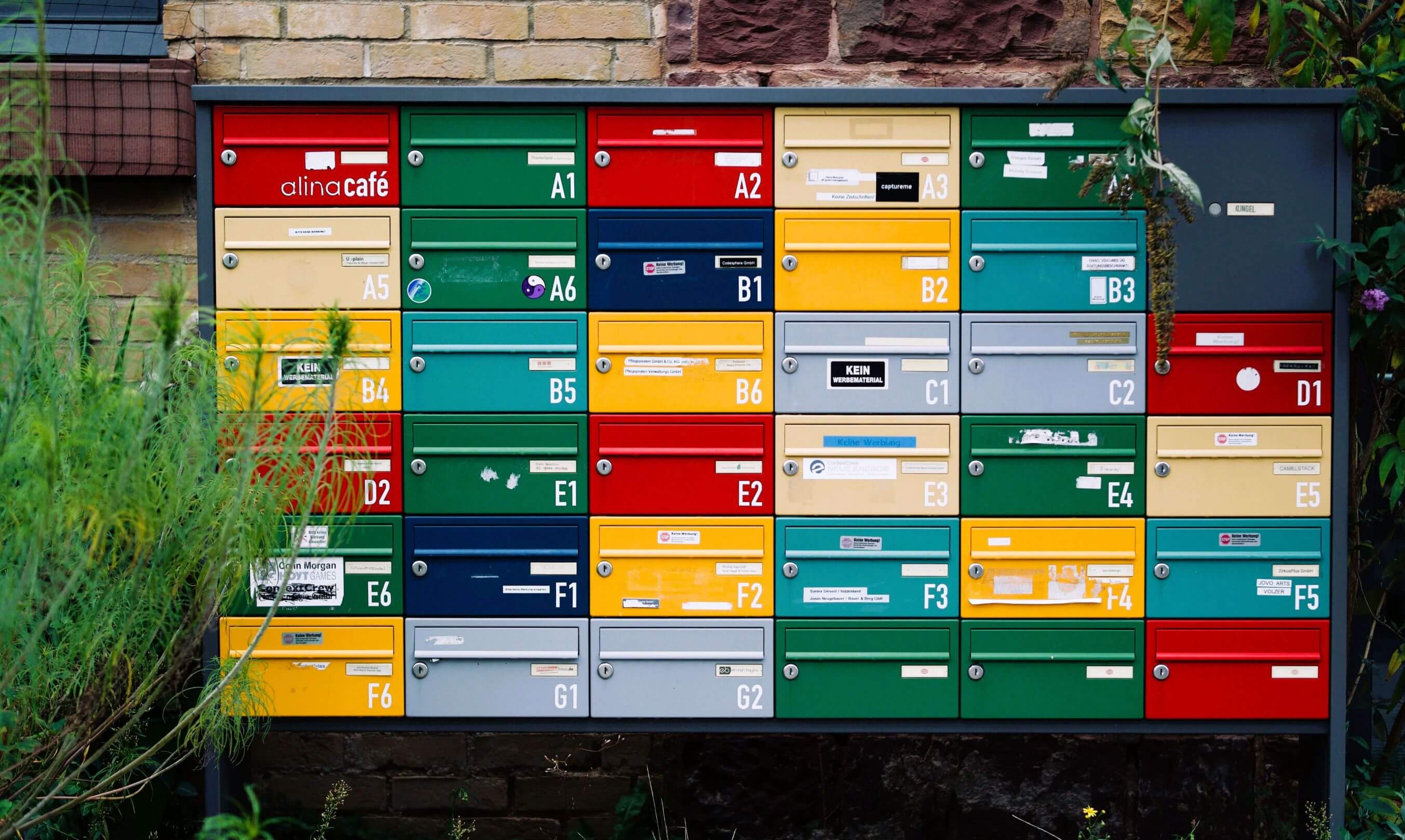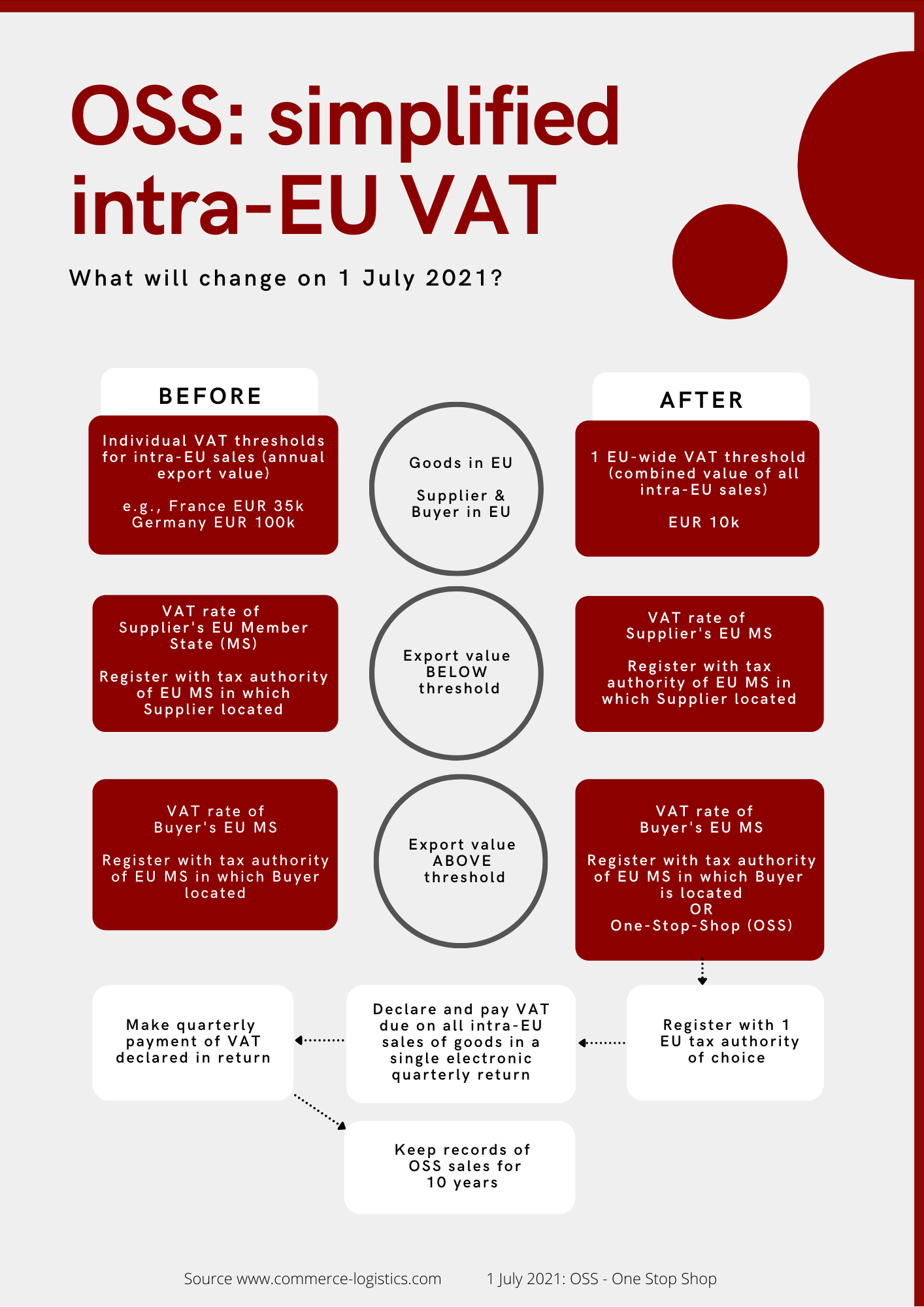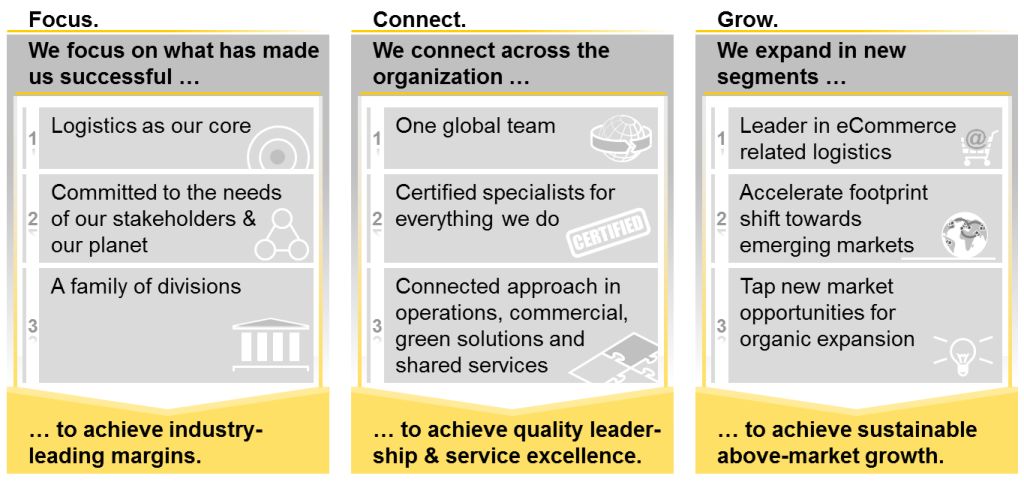- Home ›
- In the News ›
- Ecommerce Fulfillment
Ecommerce Fulfillment
Solynews, December 2014: Walter Trezek on how the growth of ecommerce gives birth to new ecommerce fulfillment projects all requiring technology, interconnectivity, research and development.
(See original article here)
The unprecedented
increase in ecommerce-related parcel and package volumes, the EU roadmap for
completing the single cross-border market for parcel delivery, new global
postal ecommerce products and services within the UPU, and the upcoming market
launch of IPC’s ecommerce Interconnect Program scheduled for early 2015: all these
factors encourage a focus on technology, interconnectivity and the need for
further research and development.
Courier, Express and Parcel (CEP) operators are working hard to overcome current hurdles to smooth cross-border ecommerce. Identified not only by the European Commission but also by etailers worldwide, these hurdles include national label designs; compulsory barcodes & postal logos; missing cross-border track & trace solution interfaces; parcel dimensions; restricted access to parcel lockers, pick-up and drop-off locations; a lack of integrated customs declaration & clearing procedures; return solutions; to mention just a few.
The UPU has designed new products and services to fulfil the ecommerce promise
Taking a look at the global picture, the pressure to respond to the needs of the market was so high that the UPU managed to develop new products and services to fulfil its ecommerce promise within less than 10 months.

Figure 1: Ecommerce solution specifications as adopted by the UPU in autumn 2014
The UPUs
new ecommerce delivery category is an optional parcel-post delivery category: designated operators may agree
between themselves to convey parcel-post items generated by ecommerce
activities by air, with priority, and in accordance with the delivery
specifications outlined in figure 1 and the RC 116bis of the Parcel Post
Regulations.
Ecommerce parcels will be identified by a unique item identifier specific to the service and conforming to UPU standard S10. The inward land rates applicable to the handling of inward parcels under the ecommerce delivery category will be fixed by the Postal Operations Council in accordance with the relevant provisions of the UPU.
In Europe several ecommerce fulfillment initiatives are moving hand in hand
With its "Roadmap for Completing the Single Market for Parcel Delivery" the European Commission sets out to support the development of ecommerce by improving parcel delivery, most notably cross-border delivery. Promoting the enhanced interoperability of parcel-delivery operations has already lead to new standardisation efforts by the European Committee of Standardization (CEN) regarding the specific features of parcel delivery services and revision of existing European Standards on postal services.
The new standards will focus on methods of measuring transit time for cross-border parcels – primarily parcels sent by e-merchants – and with attention being paid to small and medium-size companies and the interface between e-merchant (any professional customer sending parcels) and the first logistic operator.
The physical label on the parcel, the parcel content, size, minimum requirements needed to guarantee the quality and efficiency of the logistic process and the electronic exchanges between sender and the logistic operator, plus the description of the data to be provided including the format of the exchanges, are at the core of standardization efforts in ecommerce fulfillment.
At the same time, the International Post Corporation (IPC) is designing and building cutting-edge technical capabilities and solutions to support the 1st integrated postal and parcel network. The IPC’s eCommerce Interconnect Program (eCIP) builds on existing IPC operational cross-border solutions.

Figure 2: IPC’s eCIP product and service portfolio as presented at the UPU E-Commerce forum and the WM&E conference in 2014
For IPC members – 27 EU national incumbents – eCIP will establish a forward integration tool to connect to local online retailers, enabling them to access one integrated delivery network and expand business outside domestic markets. eCIP will offer full responsibility for the entire end-to-end process including customs, and offering highly reliable end-to-end tracking information.
Retail supply chain management and delivery chain management will merge
There is increasing demand amongst retailers for seamless, highly efficient and cost effective last mile delivery services, enabling retailers to meet their customers’ expectations. Global standards and solutions for improving the efficiency and visibility of supply and demand chains are being extended to support final delivery as well.
Courier, express, and parcel (CEP) delivery operators will join forces with retailers and merchants to create common and compatible standards.
Technology is at the core of managing integrated delivery networks
These are all welcome developments for Solystic. As a driving force in research and development and a leading technology partner to letter and parcel delivery companies worldwide over the past decade, Solystic is well placed to leverage on these trends.
Not only will the company be instrumental in designing
integrated delivery network solutions and management tools, Solystic already
provides the components and core functionalities needed to face these rapidly
approaching challenges.
International Postal News Solynews, published by postal equipment specialist Solystic, has a circulation of 2,000 and is sent to Solystic clients and partners. You can view the article in the original here.
Walter Trezek is the Chairman of the Consultative Committee (CC) of the Universal Postal Union (UPU).
- Home ›
- In the News ›
- Ecommerce Fulfillment
Does this article cover a topic relevant to your business? Access the CLS Business Lounge for the market intelligence you need to stay ahead of the crowd. Find out more



























